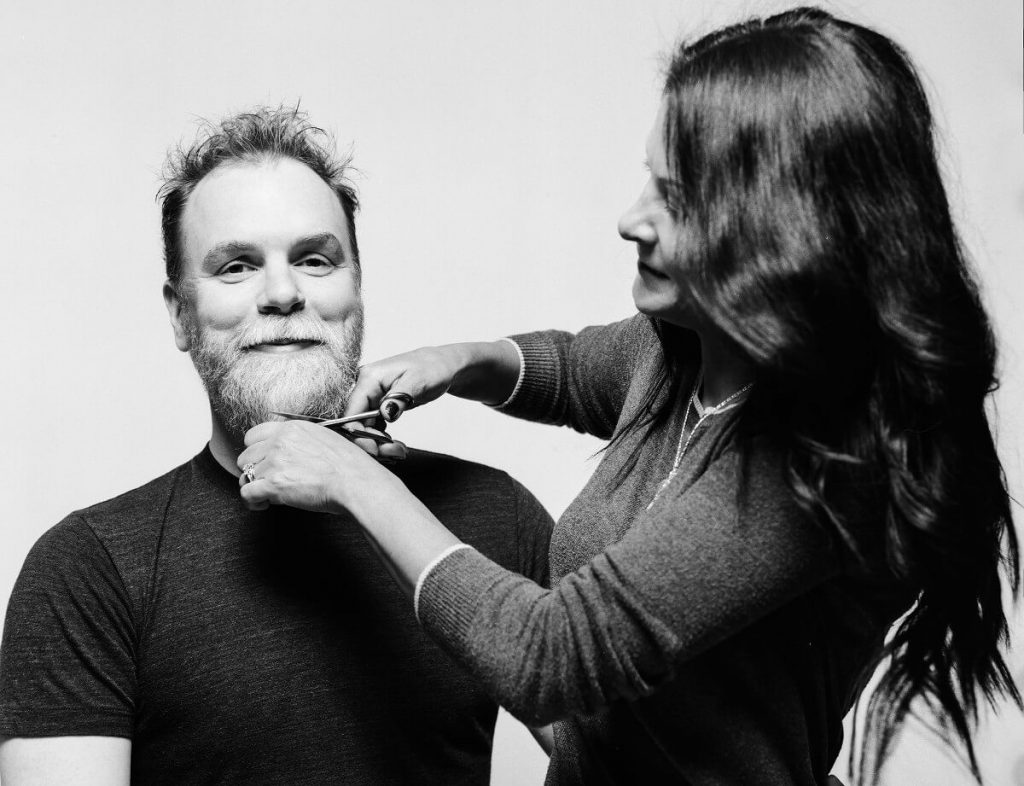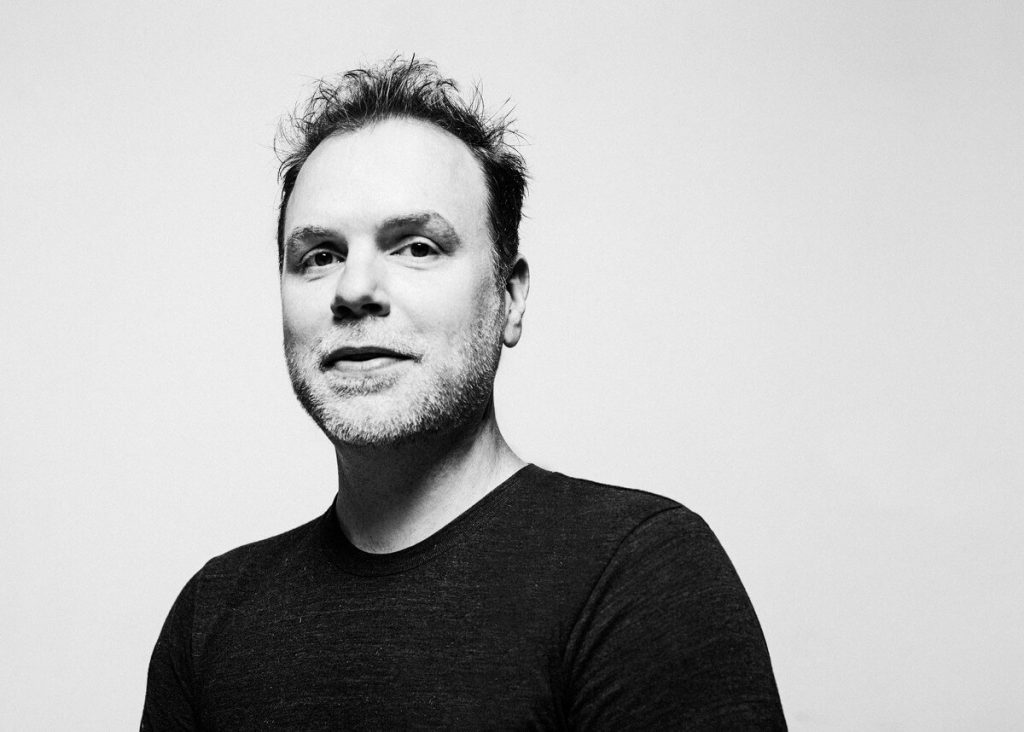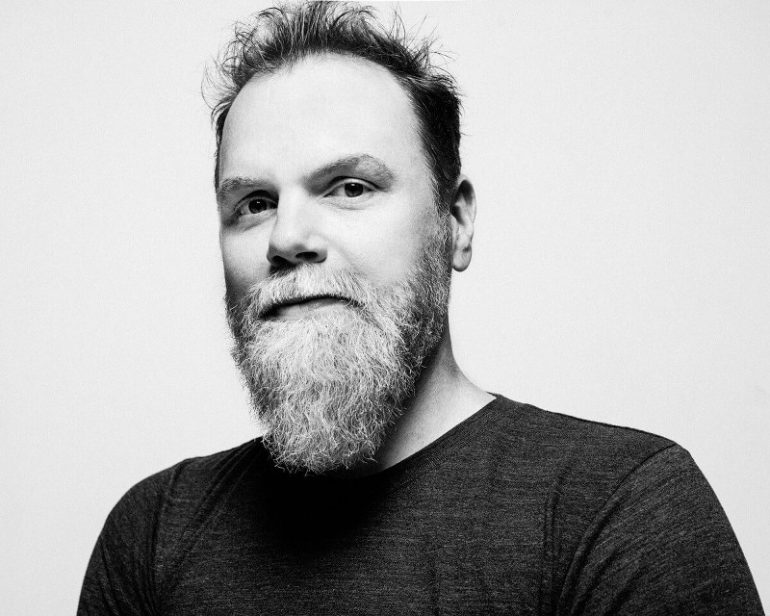Let me tell you how I almost died—actually, how I almost killed myself.
It’s a really long story, but I’ll make it as short as possible. I almost worked myself to death.
In 1993, I built my first website. I built it a few months after I opened my first brick-and-mortar business: a video game store (it was the only thing I knew at the time—well, that and beer, but the government doesn’t allow kids to sell beer, I checked). I learned pretty quickly that I didn’t like people as much as I thought; in fact, I thought many of them were pretty awful (yes, all people are beautiful, but they can still be real assholes in a retail environment).
So, at 17, I thought to myself: “Hmmm, okay, so people can suck; didn’t see that coming. How can I run a business and sell things to people without even seeing them? Direct mail, wholesaling? No, those sound boring. Well, there’s this new thing called the internet. I don’t see why I can’t sell things there, so I’ll try that.” At the time, I didn’t realize I was several years too early for ecommerce, but that’s another story.
And so began my love affair with technology, specifically digital technologies (platforms, softwares, algorithms, etc.)
So, where did it go wrong? Well, it seems from day one, for one very obvious reason: the internet doesn’t sleep. Therefore, operation of a digital platform (SaaS, marketplace, community, whatever) can never sleep. Therefore…I never slept.
It also never stops changing and evolving. So, we simply never stopped, ever. We forgot to even think to stop. It just kind of happened to us, and one day we woke up somewhere we didn’t want to be, and had no idea how we got there.
When you do not fully explore and satisfy personal interests and purpose, you are simply delaying an inevitable breakdown, physically and/or mentally.
In a 3.2 billion person market (the number of people online) that is “open” 24/7/365 and growing rapidly, with products and services in that marketplace developing at exponentially accelerating rates (Moore’s law, and often several times Moore’s law), you feel that you can never stop watching, learning, and building. Slowly, one bit at a time, you hand over every piece of you to this singular pursuit of staying ahead. Staying ahead of old and dying technologies, ahead of old thought processes and systems, ahead of competition, ahead of everything.
And, here’s what that turned into for me: I worked 12 to 16 hours a day, for well over five years, without a single day off.
Please re-read that.
I tell people that occasionally and they often reflexively grimace, but then almost immediately after simply nod unemotionally, and I realized after a while that this is because the horror of what they first heard was immediately discounted significantly as an exaggeration. There is no exaggeration. Zero.
Let me be crystal clear: I. Worked. Twelve to 16 hours a day. Every day. Without a single day off. For more than five years. And my beautiful wife, who many in the startup space know loves to throw me under the bus with (and even during) my storytelling, will maintain that as an absolute fact.
So, what does that actually look like in real-life?
I was so busy and focused, my wife used to virtually force-feed me, often sticking smoothie straws in the side of my mouth; when she served solid food she would place it beside me and constantly say “chew and type, chew and type…” She would also, twice daily, drop a bag of supplements and a glass of water and command me to consume them. She essentially, single-handedly, kept me alive.

I dropped from a fit 195 pounds to an unhealthy 165. I stopped going to the gym and my body weakened and started to ache constantly. Most nights I slept two to four hours. I used to sleep with a laptop on my chest, so that I could respond to a server outage, or any other sort of calamity, a few seconds quicker (to provide context, just one of our products could lose hundreds or even thousands of dollars per minute of server down-time).
We moved to and from South America, and my excessive work didn’t skip a beat. We flew hundreds of the thousands of miles (on dozens— probably hundreds—of flights, I don’t think I ever didn’t work). We had multiple “destination” weddings, in Mexico and the Caribbean. Let’s just say, like you, I had plenty of obligations. I did all of that while working 12 to 16 hours a day, every day, for five years.
How? Simple: First, I would decline as many events as possible. Then, for those that I accepted, I would delay my arrival to the event as late as possible, work right up until that last second before leaving home or the hotel, and then depart the event as quickly as possible, returning back to work as soon as my laptop was within reach (which I ensured was always close).
I behaved like an addict. I’ve never even thought that until now, but reading what I just wrote seems like the very definition of addiction. And like every addiction – everything out of balance – it comes to a screeching halt at some point. For me it was the day, about two years ago, that I wasn’t able to get out of bed.
Having slept only two to four hours a night for five-plus years, I was used to it – my body had adapted to tremendous fatigue. I thought pain was normal. And no amount of pain was too much, no challenge was too great. Nothing slowed me down, let alone stopped me. Until I was, in fact, simply and abruptly stopped by something I couldn’t see and didn’t at the time understand.
I realized over time, those failures were a success, in that it displayed a lack of clarity or a vulnerability, and finding and documenting each brought us closer to my exit. It was progress, even though it didn’t feel like progress.
I had, without knowing it, depleted numerous vitamin, mineral, nutrient and hormone reserves. For years, I had not skated by as I thought I had. All that time I was reaching into these reserves to power my extreme activity. Personal sacrifice and pain wasn’t the full price, as I had thought – there was a hidden biological cost every day, and I had been served the bill.
As I said, one day I just simply couldn’t get out of bed (I still worked from bed, of course; how fucked up is that?). For a few days I thought I was sick. After two weeks I realized something was very wrong. Afterwards, for many months I couldn’t sleep less than eight to nine hours a night (no matter how hard I might try!); it was literally impossible. My body had failed, and it was forcing me to rest. It was simply not possible to not rest.
I’m lucky. I’m lucky that my body shut down in that way—forcing me to sleep rather than stopping my heart. Looking back and realizing how much pain I was (always) in and how emotionally stressed and utterly sleep deprived I (always) was, I feel very, very lucky to be alive.
If any of you are currently living like this, I am begging you to stop, even though I know you probably won’t. I’ll just say this: not only are you playing Russian Roulette with your life every day, but your work is suffering tremendously. Maybe the latter will get your attention. You are not nearly as productive as you think when you work to the extreme. In fact, numerous studies show that after 10 hours of work in one day you begin to actually damage the project/company. In the end, no one benefits—not you, not your friends/family, not your company, no one—when you do not fully rest and recover. When you do not fully explore and satisfy personal interests and purpose, you are simply delaying an inevitable breakdown, physically and/or mentally. Looking back, I see all of that now. I see how utterly foolish it was.
In spite of losing myself in it, I had been trying to remove myself from the operations of the business for more than four years. Many of my closest friends had been warning me, increasingly alarmed, that I was headed to an early grave and supported me over a very long period of time.
I tried every way I knew how to optimize and automate systems in an attempt to remove myself, and each attempt ultimately failed. Every time I stepped away it would create a calamity. But we’d document the response, add it to our internal Wiki, and then move forward, with a clear approach/response. So, I realized over time, those failures were a success, in that it displayed a lack of clarity or a vulnerability, and finding and documenting each brought us closer to my exit. It was progress, even though it didn’t feel like progress.
Getting solid sleep, exercising regularly, and eating good food are the most important things founders can do for their startups.
After “over 60 months into a 12-month plan” (I use to say that a lot, so I thought I’d quote it here, just for fun) I decided to grow a “punitive, metrics-based beard.” That meant the beard was a punishment and it could only be shaved once that goal of extraction from the business had been reached (which I had defined clearly). Every time I looked in the mirror I would be reminded that I hadn’t accomplished my objective.
In addition, as my friend UJ Ramdas pointed out to me once, it had an added (and unexpected) benefit of including everyone else in my physical vicinity. Most of my close friends, having seen (and re-seen) the beard, would ask about the struggle, and often offer help; many would express frustration and disappointment, and give blunt feedback. The mirror was a reminder, and that mirror was often the world around me, not just the one in the washroom.
That allowed me to finally accomplish this objective, albeit more than four years late. I am now out of operations at tribe, and into my true purpose, and final home: Exponential University.
To document this monumental moment, I hired a photographer, and while he took photos I told him the story of how tribe was built; how I lost control; what I learned, experienced and felt over the last several years; and how I think and feel today. The past was shared with the beard on, with a short interruption by my wife grabbing the beard and cutting it off, and then the present and future was shared with my freshly shaved face. I believe he captured the emotion of the journey very well.

I brought myself to my limits, both physically and mentally. I nearly died because of it. I now believe that the greatest productivity app is your health. I believe that getting solid sleep, exercising regularly, and eating good food are the most important things founders can do for their startups. And, if you’re working too hard right now, I hope you figure that out, too, before you kill yourself.


